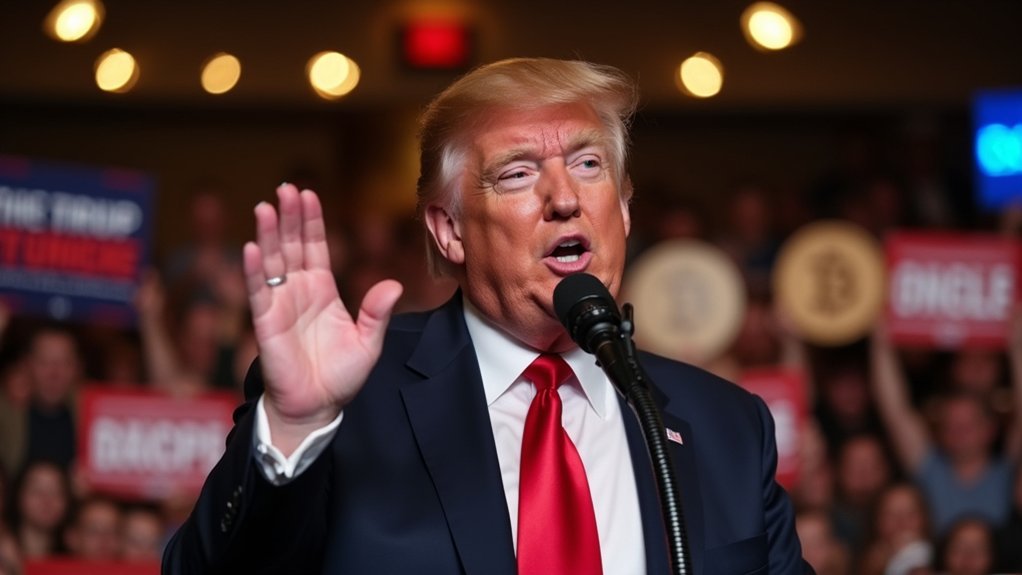The Securities and Exchange Commission’s prolonged deliberation over cryptocurrency exchange-traded funds has reached a particularly thorny juncture, where the regulator finds itself grappling not merely with the familiar specter of digital asset volatility, but with the more nuanced question of whether ETFs can legitimately offer staking rewards without running afoul of securities law.
The postponement of decisions on over seventy crypto ETF filings until summer 2025 reveals an agency wrestling with unprecedented complexity. While Bitcoin ETFs sailed through relatively unscathed, products like Bitwise’s Ethereum staking ETF remain trapped in regulatory purgatory—a demonstration of how quickly innovation can outpace bureaucratic comprehension.
At the heart of this standoff lies a fundamental disagreement about staking’s nature.
The regulatory impasse hinges on whether staking constitutes network maintenance or investment income—a distinction with profound implications.
The SEC appears to view staking rewards through the traditional lens of investment returns, potentially triggering securities regulations.
Industry advocates, however, argue with considerable merit that staking represents a core blockchain function—akin to maintaining network infrastructure rather than generating investment income. Recent reports indicate the SEC is now questioning eligibility of two specific cryptocurrency ETFs that provide staking rewards to investors.
The Proof of Stake Alliance has championed this perspective, though whether regulators will embrace such nuanced distinctions remains decidedly unclear.
The establishment of the SEC’s Crypto Task Force suggests recognition that enforcement-heavy strategies have proven inadequate for addressing crypto’s regulatory challenges. This shift toward structured guidance represents evolutionary progress, though critics rightfully question whether the pace matches the industry’s breakneck innovation cycle.
Institutional adoption hangs precariously in the balance. Clear regulatory frameworks could release significant capital flows into crypto assets, while continued uncertainty threatens to stifle innovation or push it offshore. The irony is palpable: an agency tasked with protecting investors may inadvertently limit their access to legitimate investment opportunities through excessive caution.
Summer 2025 looms as a potential watershed moment. Should the SEC provide clarity on staking rewards and approve related ETFs, institutional crypto adoption could accelerate dramatically. Conversely, continued delays or restrictive interpretations might perpetuate the regulatory limbo that has characterized crypto’s relationship with traditional finance. Unlike the futures-based ETFs that gained approval in 2021, these newer staking-enabled products face more complex regulatory scrutiny due to their novel reward mechanisms.
The agency’s solicitation of public comments signals genuine effort to construct a robust legal framework, though whether this collaborative approach yields workable solutions remains the ultimate test of regulatory adaptability in the digital age.









